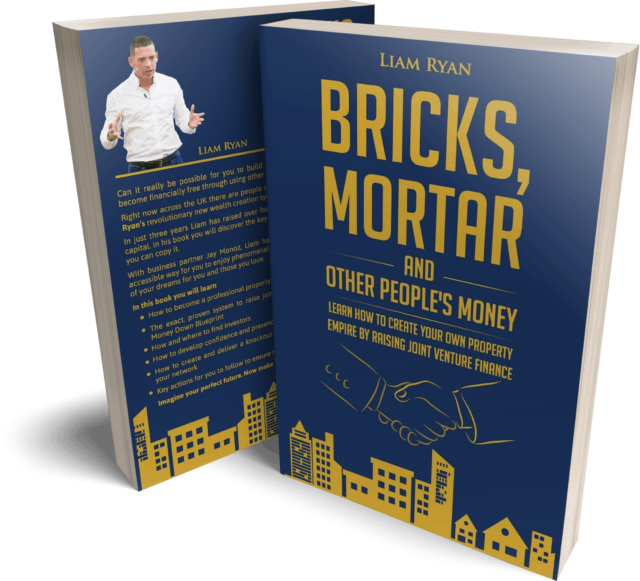Discover top-rated UK property investment events, bootcamps, and mentors, including Martin Roberts, Stuart and Scarlette Douglas.
Read More
There are many challenges that a property investor can come across. Sometimes you have to deal with maintenance issues. Other times it is pest problems or a complaining tenant.
Table of Contents
ToggleNow, there are times too when the problem is something much farther beyond what you can control. One current example is the ongoing increase in interest rates.
Here are important pointers that every property investor should know to effectively manage their finances during an interest rate rise.
First, we have to understand that the increase in interest rate is only a by-product of an even bigger situation. Right now, the global economy is facing a phenomenon called inflation. This is a condition in which the value of money decreases. Inflation manifests in our daily lives in the increase in the cost of basic goods and services.
Now to answer the question, of why the interest rate is rising – it is because the best way for financial authorities to counter inflation is by raising interest rates. By pushing interest rates up, people are encouraged to spend less and save more. This leads to a decrease in consumer demand which in turn should lessen the cost of supply.
As of February, the Bank of England cites that inflation is still at an alarming 10.10%. This is four times more than the average record of only 2.7%. Until the number is neutralised, banks will likely still increase the interest rate which, at the moment, stands at 4%.
Check if your loan is a variable or fixed-interest arrangement
Interest rates can affect your existing loan but only if it follows a variable interest rate arrangement. This means that the interest applied to your monthly amortisation is being adjusted based on the current rate.
If your loan is under a fixed interest rate arrangement, then you are likely not to experience an increase in your monthly dues. However, you can expect a sharp rise in the payments once you apply for a new loan.
See the possibility of shortening the loan term
A shorter-term loan does mean increasing your monthly payment, but this will incur fewer interest fees and will save you more money in the long run. Additionally, it will allow you to finish the loan earlier and be free of your obligations with the bank. If you can afford it, this is something you should consider.
Pay dues in advance
Since the interest fee is expected to rise in the coming months, you can choose to pre-pay your mortgage now while the interest is still at its current rate. Paying in advance will also shorten your loan period and help you finish your debt earlier.
Check loan offers from different banks
Despite the prevailing upward trend, interest rates will still vary from one bank to another. If you are planning to apply for a new loan, you should explore different offers to see which one works best for you.
Be updated about the property market and continue learning new strategies! Get a copy of our training guide on How To Thrive in a Volatile Market!
Discover top-rated UK property investment events, bootcamps, and mentors, including Martin Roberts, Stuart and Scarlette Douglas.
Read MoreDiscover how to earn £1 million through UK property investing with practical strategies and expert tips for new and aspiring investors.
Read MoreGrow your UK property portfolio from scratch with expert tips, creative strategies and free online buy-to-let training.
Read MoreLearn property investment from UK experts with Assets For Life. Free courses, mentorship, and proven wealth-building strategies.
Read More
Claim Your Free Copy
Assets For Life LTD is a company incorporated in England and Wales with registered number 09935286 and registered offices at Assets for Life Ltd, Suite 105, Waterhouse Business Centre, 2 Cromar Way, Chelmsford, Essex, England, CM1 2QE, United Kingdom.
Assets For Life LTD is registered with the Information Commissioner’s Office, with registration number ZA280607
COPYRIGHT © 2024 ASSETS FOR LIFE, ALL RIGHTS RESERVED. WEBSITE BY AMPLIFY MARKETING